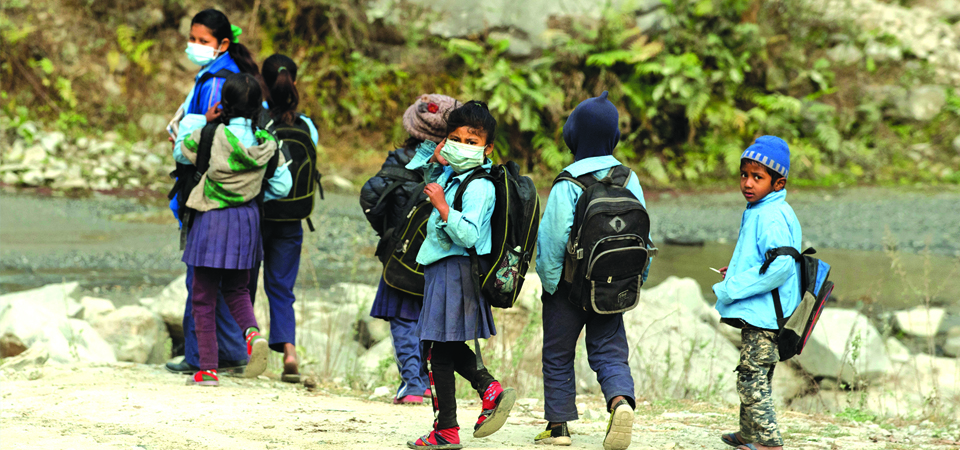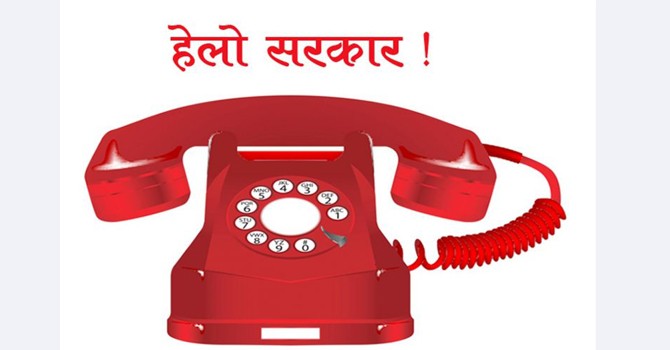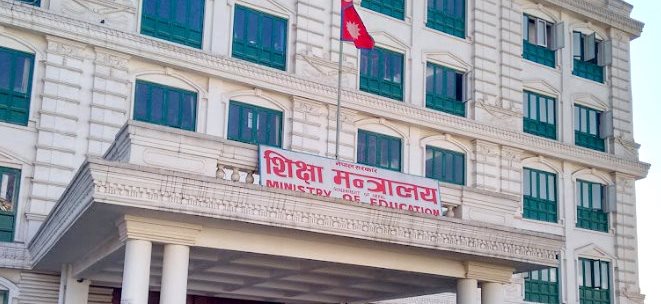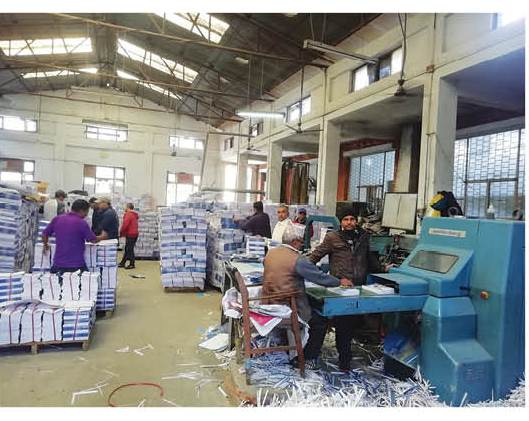Scholarship budget gets frozen while students remain left out

By Manjima Dhakal
Kathmandu, Feb. 14: Scholarships are a godsend for economically disadvantaged students, allowing them to obtain education despite their financial background. Yet, a significant number of scholarship seats go unclaimed and the budget allocated by the government to fund studies of the poor pupils gets frozen every year.
The government claims that it has not been able to distribute the scholarships because it cannot find appropriate candidates. Officials also say that the information about various scholarship schemes has not been reaching the targeted group. Bureaucratic hassles also discourage many from applying. Additionally, many students that do apply do not get selected because they are not poor or needy enough to be eligible for the assistance.
All these have kept the scholarships away from the truly destitute on the one hand while on the other, it has led to the budget being frozen year after year.
The situation in basic level is not too bad. The scholarships for Grades I to VIII, which amount to Rs. 400 per student per year, are distributed through the local levels by the respective schools themselves. But for the secondary level, Grades IX to XII, the scholarships are provided by the federal government under the Student Financial Assistance Programme (SFAP) and this is where the problem seems to lie.
While the number of seats and amount varies according to the specific grade and faculty, a total of 57,051 seats are allocated for students of Grades IX and X. The selected students are then eligible to receive Rs. 6,000 per academic session. But of more than 57,000 scholarships available, only 14,556 students were selected for the academic session of 2076.
Similarly, 6,705 seats, with a scholarship of Rs. 24,000 each, are available for grab in the science stream and 19,836 seats, with an amount of Rs. 18,000 each, are available for non-science streams at the high school level.
All in all, 83,592 seats are available for secondary-level students under the SFAP. For the upcoming 2078 session, 337,598 pupils applied but only 50,582 were selected. The total budget for the session was Rs. 860.3 million but this is not going to be utilised as expected because of the COVID-19 pandemic and the prolonged lockdown it entailed.
Likewise, the government had failed to distribute scholarship for academic session 2077 as well because of the contagion, so a total amount of Rs. 1.26 billion remains frozen. Even of the selected students, not everyone will receive the actual money. Even though 55,941 students were selected for academic session 2076, only 13,000 have received their scholarship amount to date.
Manuja Baral, inclusive education section officer at the Centre for Education and Human Resource Development (CEHRD), informed that they were not able to release the amount for the students who had not opened a bank account.
Moreover, applicants are also required to fill the information related to the education, employment and property details of their families in the Proxy Mean Test (PMT) form. Officer Baral shared that many needy students got left out because they were unaware of the need to fill the form.
Seeing the dismal state of scholarship distribution, the government has started work to amend the working procedure and make applying for and receiving scholarships easier. Baral said that the CEHRD was consulting with other stakeholders like the Council for Technical Education and Vocational Training (CTEVT) and the University Grant Commission (UGC) to make scholarships more accessible.
Scholarships provided by CTEVT and UGC are also facing similar problems like CEHRD scholarship.
Dr. Bidhya Nath Koirala, an educationist, said confusion had been created among students about the scholarship as it had not gone through single window in all levels. Therefore, it can be effective if the scholarship is distributed from the local governments even in secondary level, Koirala said.
Recent News

Do not make expressions casting dout on election: EC
14 Apr, 2022
CM Bhatta says may New Year 2079 BS inspire positive thinking
14 Apr, 2022
Three new cases, 44 recoveries in 24 hours
14 Apr, 2022
689 climbers of 84 teams so far acquire permits for climbing various peaks this spring season
14 Apr, 2022
How the rising cost of living crisis is impacting Nepal
14 Apr, 2022
US military confirms an interstellar meteor collided with Earth
14 Apr, 2022
Valneva Covid vaccine approved for use in UK
14 Apr, 2022
Chair Prachanda highlights need of unity among Maoist, Communist forces
14 Apr, 2022
Ranbir Kapoor and Alia Bhatt: Bollywood toasts star couple on wedding
14 Apr, 2022
President Bhandari confers decorations (Photo Feature)
14 Apr, 2022









